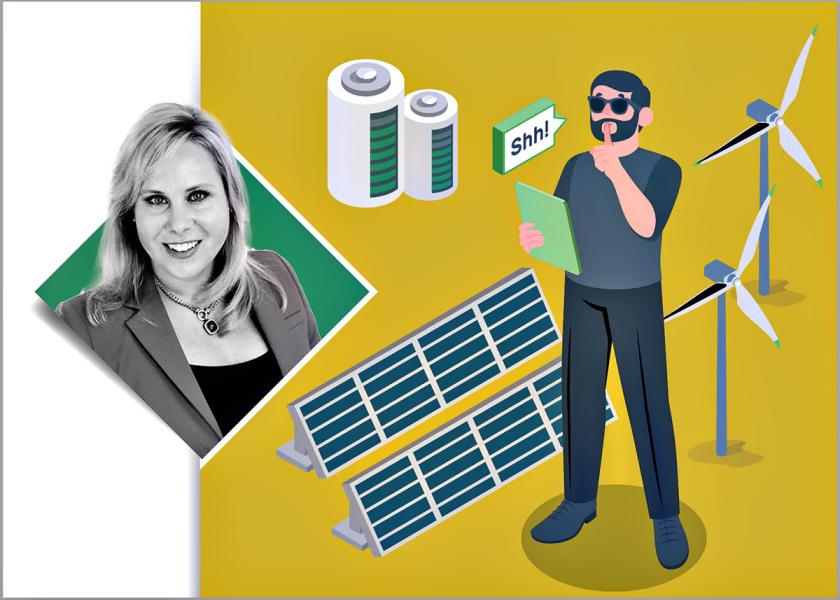4 Ways Your Business Might be Green Hushing

Let’s discuss a relatively new term in the current climate-speak vernacular called green hushing.
Green hushing refers to the strategic decision by companies to downplay or be discreet about their environmental, social, and corporate governance (ESG) and sustainability initiatives. Instead of promoting their environmental efforts, these companies opt for a quieter approach, potentially saying nothing at all.
Here are some examples of green hushing:
Strategic Silence or Lack of Disclosure
Green hushing involves a calculated decision by companies to remain silent about sustainability and climate.
This could come in the form of omission of relevant information from corporate communications, reports or marketing materials.
Ambiguous Terminology
Companies practicing green hushing might use vague or ambiguous language when discussing their sustainability efforts. This can make it challenging for stakeholders to discern the true extent of a company’s commitment or what specific practices they engage in to promote sustainability.
Lack of Transparency
Green hushing is often a simple lack of transparency. In other words, not actually putting out details about the company’s efforts — even though they are making them.
Mitigation of Accountability
By keeping their practices relatively undisclosed, companies engaging in green hushing might seek to mitigate accountability for any shortcomings (real or perceived) in their sustainability commitments.
Just to be clear, green hushing is about downplaying the actual sustainability efforts a company is engaged in whereas greenwashing involves inflating the efforts a company is taking in a way that makes them appear to be doing more or meeting certain metrics in a way they are not.
So why would companies bother to green hush? Well, it frequently comes down to the fear that if they put themselves out there, they’ll be maligned in the media or encourage the public to ask questions they are not prepared to answer.
Again, you might be thinking: What does this really have to do with me?
Here’s the thing, this simply goes back to the advocacy we’ve been encouraged to do in the agriculture industry for a generation. For me, it’s about being at the table, not served on the table. So, while the term might feel too corporate for most of us, the facts remain: we must share what we are doing in climate and sustainability with our customers, our sphere of influence and the world. We all know we’re doing a great deal in this space because we want to and that’s how we care for our land, animals, family and legacy.
As you begin 2024, how are you sharing those sustainable practices and where are you just keeping quiet?







